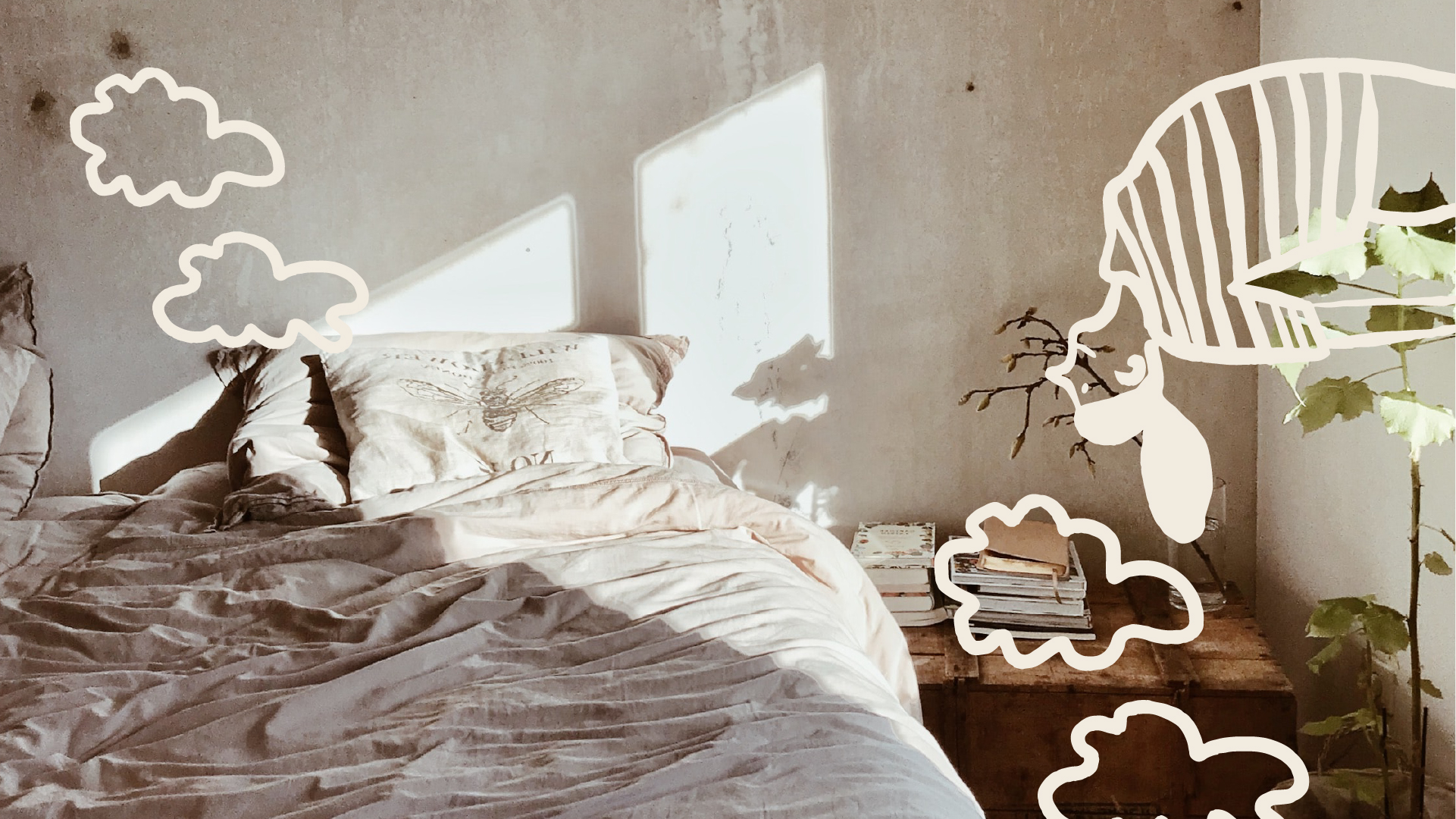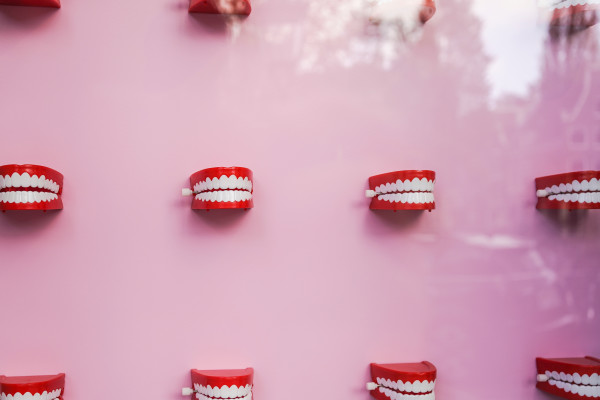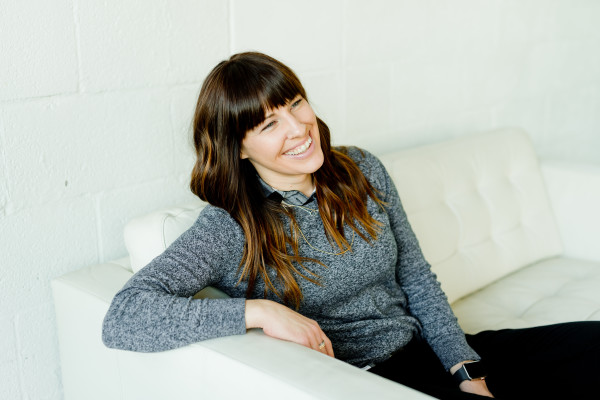Can your menstrual cycle affect your sleep?
2 years ago
Cycle syncing2 years ago
Cycle syncing
Can’t sleep? Convinced it’s because your period is about to come? Then you could be right, as leading sleep scientist, Dr Helen Driver, explains…
We all experience poor quality sleep from time to time, but did you know that there is a gender divide when it comes to sleep? According to numerous studies , women experience more sleep disturbances and insomnia than men, with the hormonal fluctuations of pregnancy and peri-menopause considered to be some of the key culprits. These two major life-stages are accompanied by huge hormonal changes, so it makes sense. But, what about our monthly cycles? We chat to Dr Helen Driver , leading sleep scientist, to find out more…
According to a bumper 2018 review of sleep studies, there are three key phases in the menstrual cycle where sleep could be affected – during your bleed, mid cycle and just before your period.
“All women are different,” says Helen, “and some women may experience no disturbance at all. But if you experience particularly severe periods, PMT or PMDD, studies suggest that you’re more likely to experience disrupted sleep.”
Women with severe PMS are twice as likely to report insomnia and daytime sleepiness
The Period Phase and your sleep
The week of your period is characterised by dropping levels of progesterone and oestrogen, and an increase in levels of prostaglandins (pronounced: pross-tah-gland-ins).
Prostaglandins are essential for a healthy period as they signal to our uterus to contract and expel our period blood. However, if too many prostaglandins are produced, the contractions can be too severe, which causes the pain.
“When it comes to sleep during your period, you might have disrupted nights because of pain or cramping,” says Helen. "There’s also bloating, constipation, diarrhoea and many other changes – all of which can have a detrimental effect on sleep.” Then, of course, there are those night-time sprints to the toilet with a full tampon, which definitely interfere with a good night’s sleep.
The Pre-menstrual Phase and your sleep
The other big phase where sleep may be affected is the Pre-menstrual Phase, which takes place just before your period starts. Researchers who studied groups of women in the run-up to their periods found that they spent less time asleep and had shorter bouts of rapid eye movement sleep , which is when we dream.
The reasons for this are related to hormone activity, with a rise in anxiety and a drop in levels of the sleep hormone melatonin all linked to poor sleep.
For women with severe PMS or Premenstrual Dysphoric Disorder, studies have shown that they are twice as likely to report insomnia and daytime sleepiness as other women. Researchers also discovered lower levels of melatonin in women with severe PMS during their Pre-Menstrual phase.
The Luteal Phase and your sleep
It’s not all bad when it comes to sleep and your cycle, with the Luteal Phase linked to anti anxiety and sleepiness thanks to rising levels of the hormone progesterone.
“Progesterone is a particularly important hormone when it comes to sleep” says Helen, “as it can slightly increase your body temperature and make you feel more sleepy.” Even better, if you’re prone to snoring, you’re apparently less likely to snore during the Luteal Phase. “Snoring is a sign that your airway becomes closed and vibrates when you sleep,” says Helen. “But high progesterone levels actually ease breathing and so reduce snoring during this phase.”
When it comes to what you can do to ease the sleep disruption, a 2019 study found that three 60-minute yoga sessions a week for 10 weeks helped to improve sleep for a group of women with PMS compared to the control group.
If you’re having trouble sleeping, the timing of your exercise may also help. “If you exercise less than three hours before you sleep, this could have a disruptive effect,” says Helen. “Instead, make sure you workout five to six hours before your bedtime, as this will help your body’s core temperature return to normal before you sleep.”
Finally, avoid caffeine before bed if you want to get to sleep quicker. According to a recent study , it can take four to six hours for caffeine to work through your system, which means that a cup of coffee at 5pm could make it difficult to sleep at an 11pm bedtime.
 Cycle syncing
Cycle syncing Perimenopause
Perimenopause Perimenopause
Perimenopause Perimenopause
PerimenopauseSign up to learn everything you need to know about CycleMapping, plus how you can live better and feel better through optimising your fitness to you.
This website uses cookies to ensure you get the best experience on our website. Learn more

Sign up for the very latest news on women's fitness, health and hormones, plus be the first to receive exclusive offers and extras